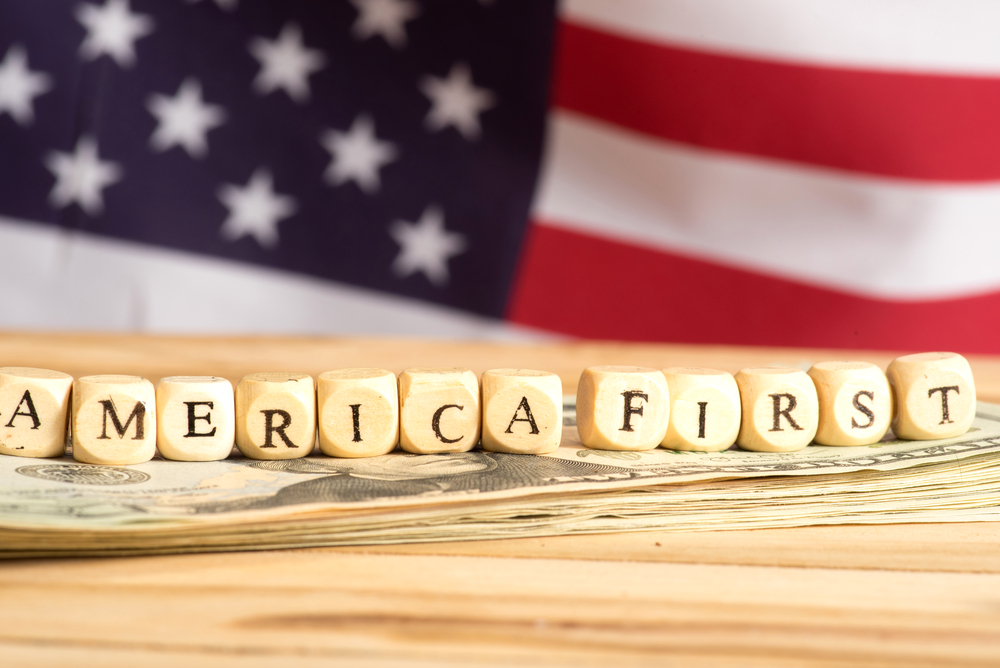Confusions About Comparative Advantage

Oren Cass’s recent Law & Liberty post has been criticized on many fronts. Co-bloggers David Henderson and Pierre Lemieux, as well as GMU economist Don Boudreaux, have addressed serious theoretical and empirical issues that underlie Cass’s argument. I will address his discussion of comparative advantage. Cass does err in his discussion of comparative advantage, but the mistakes he makes are common and even infect some economists’ thinking on trade. For that reason, while Cass is the motivator for this post, I am writing for all students of economics.
Cass presents comparative advantage as an argument concocted by past economists to justify free trade: countries should trade along comparative advantage patterns. This assertion about trading patterns, he states, is just blithely accepted by modern economists. But Cass is mistaken: comparative advantage is empirical. It is an explanation of how and why people actually trade, not how they should trade. There is substantial evidence supporting comparative advantage’s empirical worth (for example, see here or here). Economists accept the theory of comparative advantage for the same reason physicists accept the theory of gravity: it survives empirical scrutiny. Consequently, comparative advantage isn’t some policy that is chosen; to override the patterns of trade that have developed would cause substantial harm.
Second: no nation has comparative advantage in anything. Comparative advantage, by definition, exists only at the individual level. Comparative advantage looks at the differences in opportunity costs among trading partners. Opportunity cost requires evaluation and choice among alternatives. Choices and evaluations can be made only by individuals. For pedagogical reasons, economists often refer to patterns that develop at the national level as a “nation’s” comparative advantage. But, strictly speaking, this terminological shorthand is not accurate.
This point about individuals, rather than a nation, choosing is important as it reverses the logic Cass (and many interventionists) employ. A nation’s “opportunity costs” are not the same as costs at the individual level. Prices at the individual level can reasonably be interpreted as providing a proxy for the utility an individual gets from the action he takes. But aggregate costs (individual costs added together) carry no such interpretation. So, national patterns of trade can provide no useful interpretation that is analogous to individual patterns of trade. We cannot discuss national opportunity costs, national tradeoffs, in the same manner as individual tradeoffs. Comparative advantage is something that emerges, not something that is chosen. I hasten to note: this point does not mean that aggregate costs are devoid of any reasonable interpretation. Rather, they represent just the tip of the iceberg.

For example, Cass provides an example of a tradeoff between producing cloth and producing computer chips. Cass reasons that if a nation is importing chips, it must be specializing in cloth and not producing chips (and vice versa). Cass asserts that this relationship where a nation produces only one good or another, in turn, reduces a nation’s ability to produce what is imported. The US, therefore, by importing computer chips, is destroying its ability to produce chips and instead is producing only low value things.
There are two problems here: first, Cass has the relationship switched. The US is a major producer of computer chips. The United States is the 6th largest exporter of semiconductors (which include computer chips), which are primarily exported to China, and one of the largest manufacturers in the world. But the US also imports many computer chips. The US is one of the largest importers of chips in the world. This phenomenon, where a nation both imports and exports the same good, is known as intra-industry trade. If we view comparative advantage through an individualistic lens, the result makes sense. Individual buyers of chips face a choice: buy domestically or buy internationally. Depending on the relative costs and benefits, some will buy domestically and others internationally. Likewise, producers of chips face a similar choice: sell domestically or sell internationally. Depending on the relative costs and benefits, some will sell domestically and some will sell internationally. The US, as an accounting unit, both buys from and sells chips to the world.
This gets us to a similar mistake many people make when considering comparative advantage: specialization. Comparative advantage tells us that each party in a trade will specialize in the good/service he has a comparative advantage in and trade for the good in which he has a comparative disadvantage. Many misinterpret this result as implying complete specialization: each party will produce only the good/service he has a comparative advantage in and not produce the good he trades for. Those who understand comparative advantage make no such claim. The actual degree of specialization will depend on relative prices. Relative prices, as discussed above, influence people’s choices. Thus, one should not expect that trade will destroy, or even necessarily reduce, one’s ability to produce a good/service.
Like many ideas in economics and other sciences, the comparative advantage idea is simple. But, despite how simple it is, it provides many powerful insights to those who understand it. Misunderstanding the idea, though, and consequently the theory, can lead to terrible mistakes. Cass, like many protectionists, fundamentally misunderstands comparative advantage, levies irrelevant and mistaken criticisms, and proposes an alternative that makes little sense.
Jon Murphy is an assistant professor of economics at Nicholls State University.
